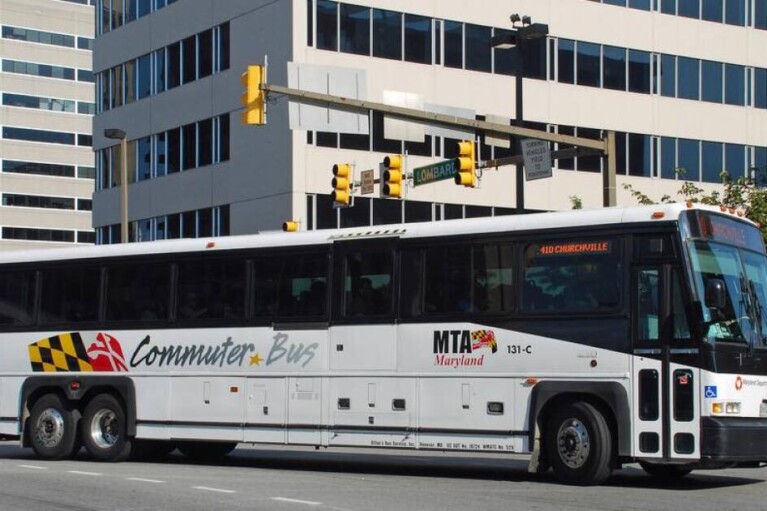Commentary: Marylanders need access to a diverse array of dignified mental health supports, not assisted outpatient treatment

By Courtney Bergan
Courtney Bergan is a third-year law student at the University of Maryland Francis King Carey School of Law, who uses their lived experiences to advocate for improved mental health access. They can be reached at [email protected].
I read Dr. Cynthia Lewis’s April 7th commentary, “Doctor: Maryland needs assisted outpatient treatment so I can save my patients” with great interest and concern. I believe the public deserves to know what House Bill 823 would really mean for the approximately 27% of Marylanders living with a mental illness. On Saturday, after Dr. Lewis’s guest commentary was published, the House of Delegates passed HB 823, a bill that could devastate the rights of many people with psychiatric disabilities by enabling counties to enact assisted outpatient treatment (AOT) programs, a euphemism for court ordered mental health treatment. Physician proponents of AOT suggest it is needed to serve “a small, but specific subset of the population” that fails to recognize their need for treatment.
I fit into the population defined in the bill and the possibility that I could be subjected to forced outpatient care terrifies me.
Five years ago, I was trapped in a psychiatric hospital, not because I needed to be in the hospital, but because I was denied access to appropriate community supports due to my multiple disabilities. I was deemed hopeless. Over the course of two decades, I had been hospitalized more times than I could count and shamed for not getting better. I was labeled a “treatment failure” and deemed “non-compliant” if I refused medications due to documented allergies.
The more I struggled with mental illness, the more forceful and coercive the treatment got, leaving me more fearful of seeking support and more convinced that I was the problem. I needed resources individualized to my needs, not judicially induced fear. I didn’t fail treatment, the treatments I was offered failed me.
Only after a few strangers took a chance on me and helped me access appropriate mental health resources, was I finally able to obtain the dignified, respectful, and autonomous care I needed to transform my life. Clinicians stopped trying to control me and instead supported me in advocating for my needs.
My story is an anomaly, but it shouldn’t be. Everyone deserves mental health providers who listen to them, respect them, and believe them, at the bare minimum. I likely wouldn’t be here today, let alone be where I am today, if people continued to respond to me with coercion and force.
Unlike the stereotypes invoked by proponents of assisted outpatient treatment, people with “serious and persistent mental illness” are not incapable of knowing what we need. We often know exactly what we do or do not want or need, but the system isn’t equipped to respond to the answer we give, due to structural failures to guarantee access to holistic community supports. Labeling people as “non-compliant” fails to consider the very real reasons many refuse care, as “non-compliance” more often reflects that the offered services aren’t appropriate for the individual or don’t include the supports they need to succeed.
Many Marylanders can’t access the supports they need because of the lack of appropriate and affordable services in the state potentially putting many at risk for forced treatment merely because the state repeatedly fails to invest in equitable and accessible services. Assisted outpatient treatment will only divert funds away from our mental health system, as the proposed bill requires funds to pay for the courts and public defenders needed to conduct AOT proceedings.
Maryland should instead consider initiatives that promote autonomy such as the Mental Health Self-Direction model, which supports autonomous decision making in mental health services. Service user narratives validate the social, legal, and moral imperative to empower choice and autonomy in mental health treatment. Maryland prides itself on protecting bodily autonomy in other aspects of healthcare and we deserve the same commitment to autonomy within mental health services.
The Senate must oppose AOT and instead guarantee access to voluntary supports that honor people’s rights and needs. To genuinely balance concerns for public health, individual liberty, and access to care, Maryland must establish diverse care options with sufficient access for all to live and thrive in their communities. The legislature began expanding access to voluntary outpatient services this session, but far more is needed to guarantee equitable access to care for those failed by our mental health system.



